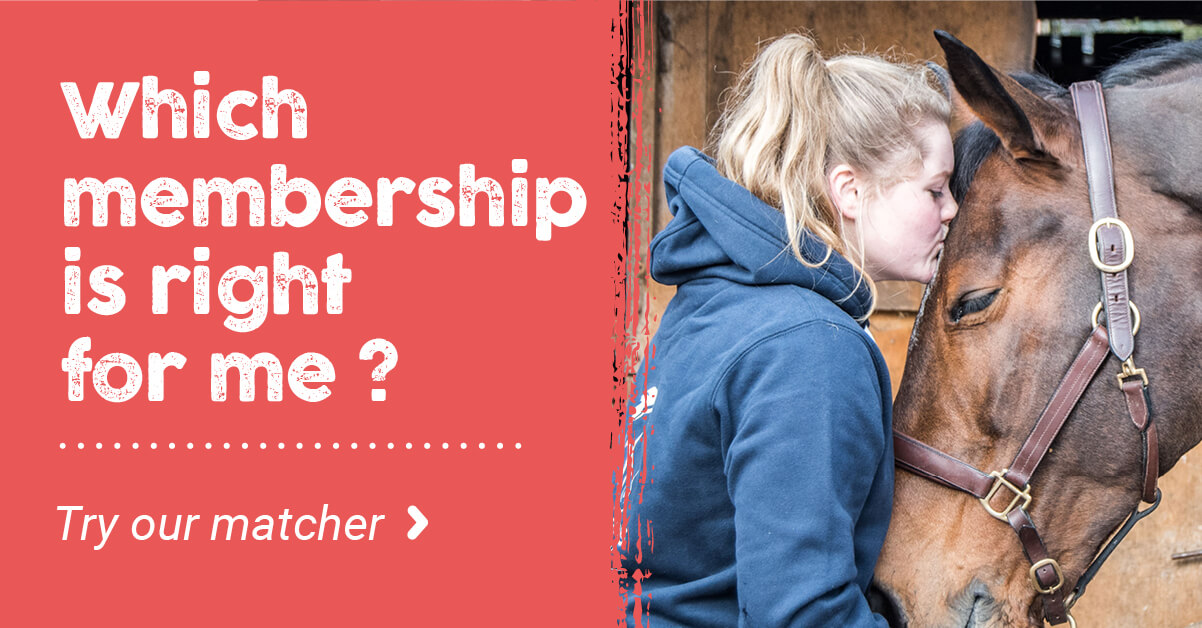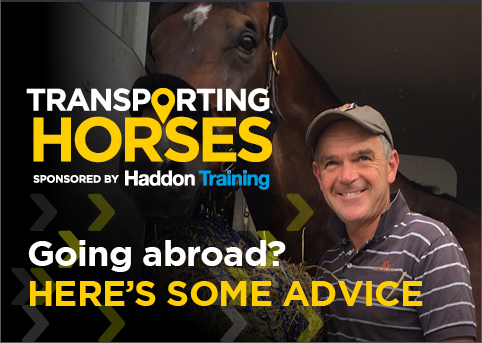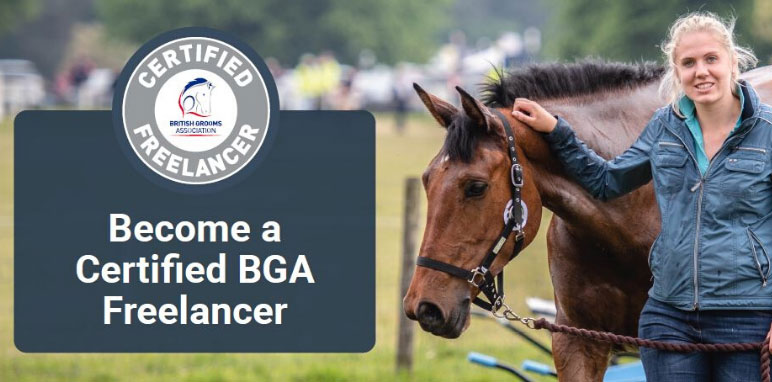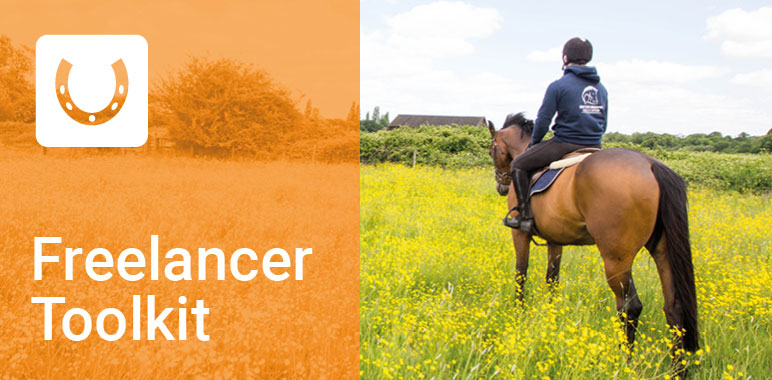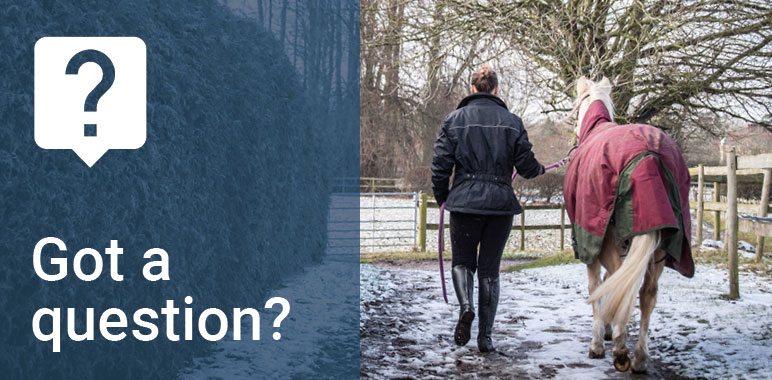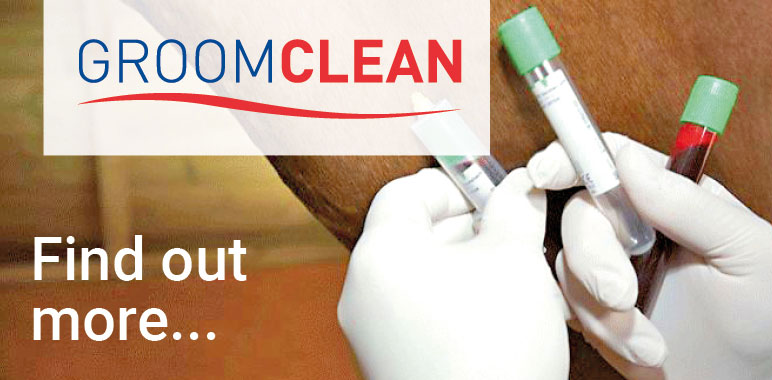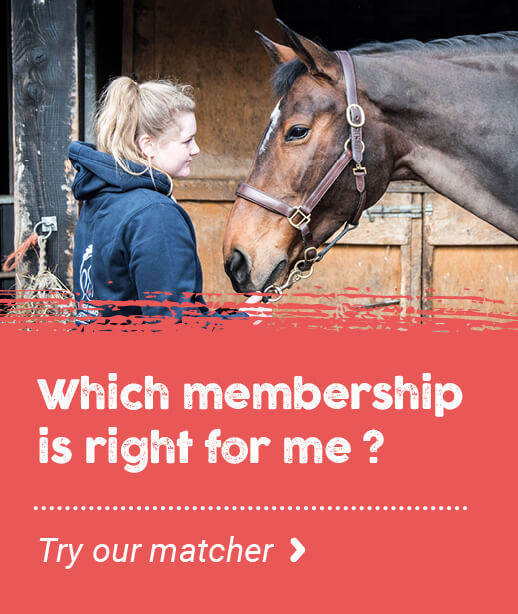- Join Now
- Login
- Member Zone
- Your Career
- Freelancing
- International Grooms Association
- BGA Training
- Healthy Yard Healthy Horses
- Transporting horses
- Brexit
- Safe workplace
- Student Zone
- Member Discounts
- BG Magazine
- Member services
- Training & Careers
- BGA CV Creator
- Horse groom training
- Where to Train
- BGA E Learning
- Career choices
- Change to Racing
- First Aid training for grooms
- Parents
- Grooms Jobs
- Grooms Life
- About
- News
- Contact

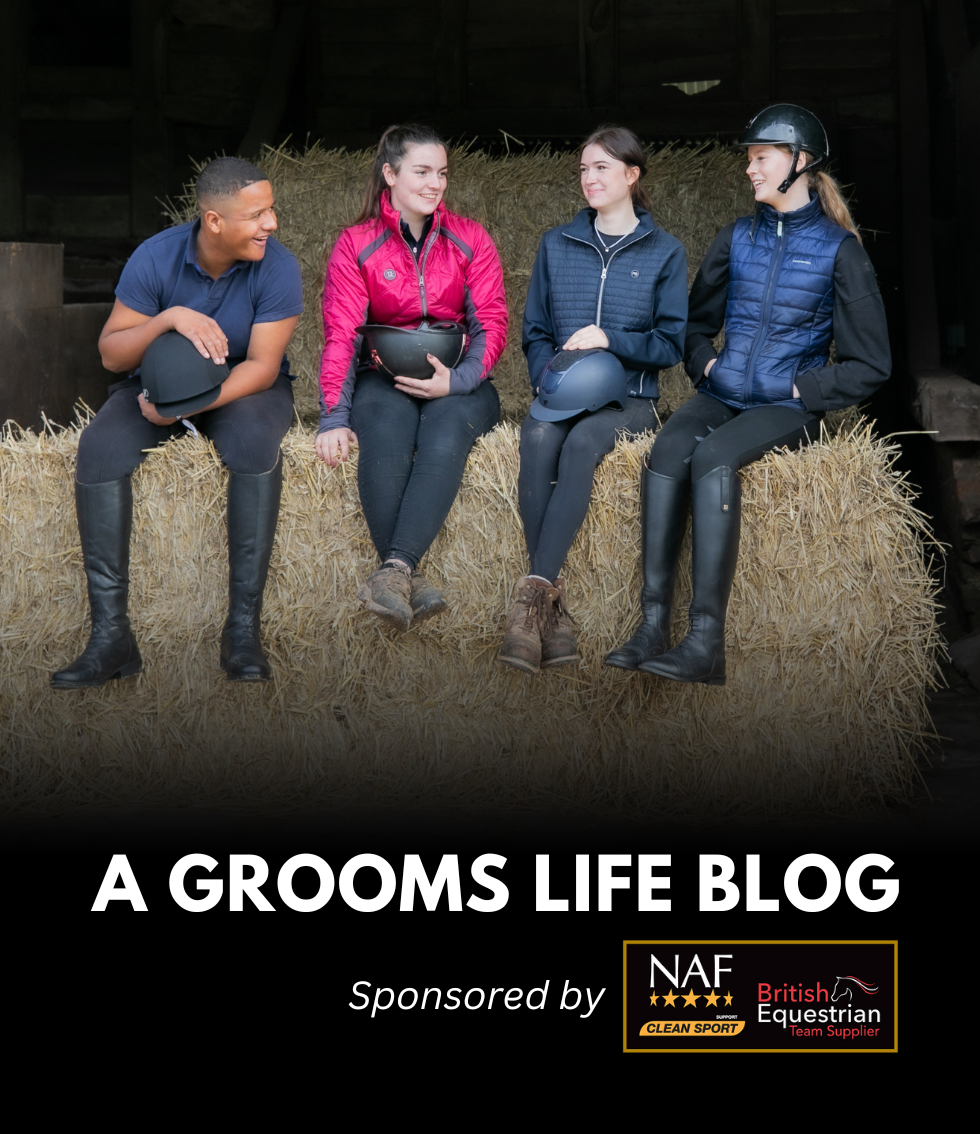
BGA’s Lucy Katan on the truth behind wages in the industry... ‘Working with horses means you will never earn any real money’ is a statement that I hear on my travels, and it hasn’t altered over the past 14 years. I believe that it is incorrect and that times have changed, as have the earning opportunities of working as a groom. Ok, so here is the reality check. Nope, you are not going to earn a £30-£40-50k salary. But hang on, how many jobs out there are at that salary level? Yes, of course there are roles that challenge that assumption, but I think we all need to keep real and accept that there are certain occupations that will never reach those earning levels. Being a groom is certainly not on its own in this regard. For example, my three year old daughter goes to a preschool. She is taught and cared for daily by skilled, and university qualified teachers. Their top of the band achievable earnings are £28k – and that is in London. So when I see fantastic job after job advertised with our sponsors, Caroline Carter Recruitment Grooms List, that has a salary in the region of £25k, with living and bills included, I wonder if we all need a reality check. We could argue until moonlight that the skills of a groom are unique; and it requires a high level of dedication and years of experience to be a top competition groom or yard manager. However the real fact is that can also apply to many other occupations, and any invariably a career choice that involves caring for animals will not be highly paid. Your employer is quite possibly balancing the books too and in some (many) cases, equestrian businesses are only just viable. So ideally, we would like to see grooms rewarded financially for their skills and dedication, but in reality this simply can't always be possible. Alas this is a fact of running any business. A recent feature in Horse and Hound raised the issue of livery fees going up, and I honestly feel that on the 1st April every year, equestrian business should annually raise their prices, in order to also raise their staff outlay. (salaries) An employee must be paid at least the National Minimum Wage. This is the law. The one thing that is for sure, again as per most occupations where animals or caring for another is involved, the hours will be long. The NMW is a good thing for grooms, as because the hours tottle up, so must the basic salary. (You can read our NMW guide here). So for example, a 25 year old who is working as a groom, working 7.00am – 6pm, 6 days a week will be working a 10 hour day (given 1 hour unpaid for lunch) and this is a 60 hour week. 60 x £8.21 = I won’t dispute the challenging work/life balance and the ultimate burn out, bad backs and lack of social life that many grooms eventually face. But this is when we need to look at the longevity of a career and perhaps modify. Many grooms we speak to have become freelance grooms, or have added additional skills to their portfolio eg. Massage therapy to ensure they can continue to work in an industry they love. For some, families and little people arrive around this similar time and that can be a challenge – it’s not impossible, it just requires some flexibility on both sides. Just last week I helped a member who had two young children and wanted to return to work as a groom. My advice was to think outside the box and to possibly investigate a change to racing. The better salaries are invariably found where there is wealth, successful and robust equestrian business set up. And racing is a prime example of this. If you work in racing, the longevity of your career is invariably greater and, especially if you are at a successful yard, you will get a slice of the prize money. Unsurprisingly, not every yard in racing is like that, and really that is up to you to move on if you are not happy with the conditions of where you are (conditions being salary too). Some grooms think that if they have been with their employer/rider ‘x’ for many years that is a truly great thing. Well yes, it is - if you are being paid legally and are truly happy within your role. But if you are not, then why are you still there? Especially when I see many great jobs, with riders/employers/establishments that are practicing Good Employment? Why not get one of those jobs instead? Yes, I know it is easier said than done. And of course the position has to be right for you, and you have to be right for them. But I admire the grooms that see their goal and climb the ladder until they reach where they want to be. I absolutely believe anyone can do it, but it will require professionalism on your behalf and a degree of flexibility too. So back to the money... If you want to earn in excess of £30-£40k then I am afraid the reality is that this is highly unlikely from being a groom. The other thing to remember is that you started working with horses because you didn’t want to sit inside an office or a shop. You wanted to make the hobby that you loved, your occupation where you earned money. Maybe as an industry we need to start making the most of opportunities and look at what we are getting and what is on offer, rather than dwelling on what we think we haven’t got. Working with horses' means you will never earn any real money
25th July 2019
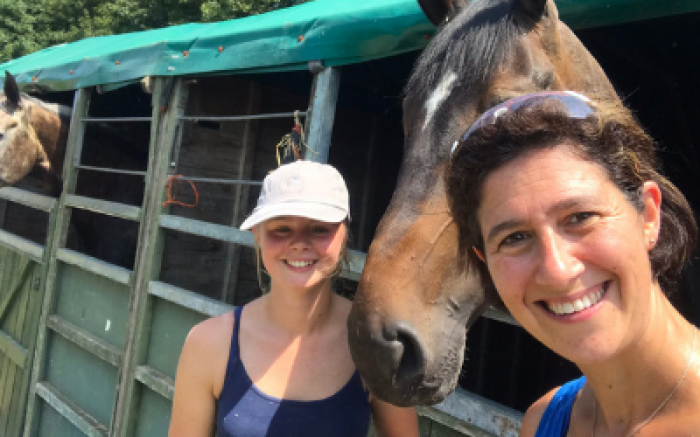
How many people in other industries have a salary of £25k after their accommodation and bills have been paid for?
a weekly salary of £492.60
a monthly salary of £2,134.60
an annual salary of £25,615.20
This is not a poor salary. In fact, compared to many other occupations, this is a good salary.
Realistically it is the long hours that equal the wage – so yup you are working for it, and you are working hard for it.
Just as it is from working in many other sectors outside the equestrian industry.
However, (not that I am a high earner right now), but in my years since being a groom, I have had jobs in the £30-£40k band. These jobs were gained by a lot of hard work and promoting the transferable skills that I acquired in my years of working with horses.
The British Grooms Association is for all grooms. Please come and join us and 1000's of your fellow grooms.
BLOG ARCHIVE
- 2026 (1 ENTRIES)
- 2025 (16 ENTRIES)
- 2024 (52 ENTRIES)
- 2023 (60 ENTRIES)
- 2022 (35 ENTRIES)
- 2021 (24 ENTRIES)
- 2020 (19 ENTRIES)
- 2019 (45 ENTRIES)
- 2018 (36 ENTRIES)
- 2017 (7 ENTRIES)
What the personal accident policy covers you for:
- Whilst at work
- All stable duties – mucking out, grooming, washing off, turning out
- Clipping
- Riding – including hacking and jumping
- Hunting
- Lunging
- Breaking in
- Holding horse for a vet and other procedures
- Travelling horses both in the UK and abroad
- Competing in line with your job including: jumping, dressage, eventing
- Injuries that may happen to you whilst you are teaching - but you must also be grooming as part of your duties and not be a sole instructor
What the personal accident policy doesn’t cover you for:
- Riding in a race, point to point or team chase
- Stunt Riding
- Accidents occurring whilst travelling to and from work
- Riding and competing your own horse (but you can upgrade when applying for membership to include this)
- Public Liability – this is a separate insurance policy - the Freelance Groom Liability Insurance
- Care Custody and Control – this is a separate policy - the Freelance Groom Liability Insurance
If you require additional cover then please contact KBIS directly.
| GROOM | RIDER | EMPLOYER | |
|
When you are working for other people you do most of the following; muck out, turn out/catch in, tack up, groom horses, exercise Horses (including hacking, jumping and schooling), in the care of your employer/client. |
|
|
|
| Predominantly ride horses for other people including schooling, exercising and competing. | NO |
YES |
YES |
| Provide grooming services for someone else either full time or on a freelance basis i.e. an employer or a client. | YES |
NO |
NO |
| Employ staff – have an employers liability policy in your name | NO | NO | YES |
| Buy and sell horses | NO | YES | YES |


